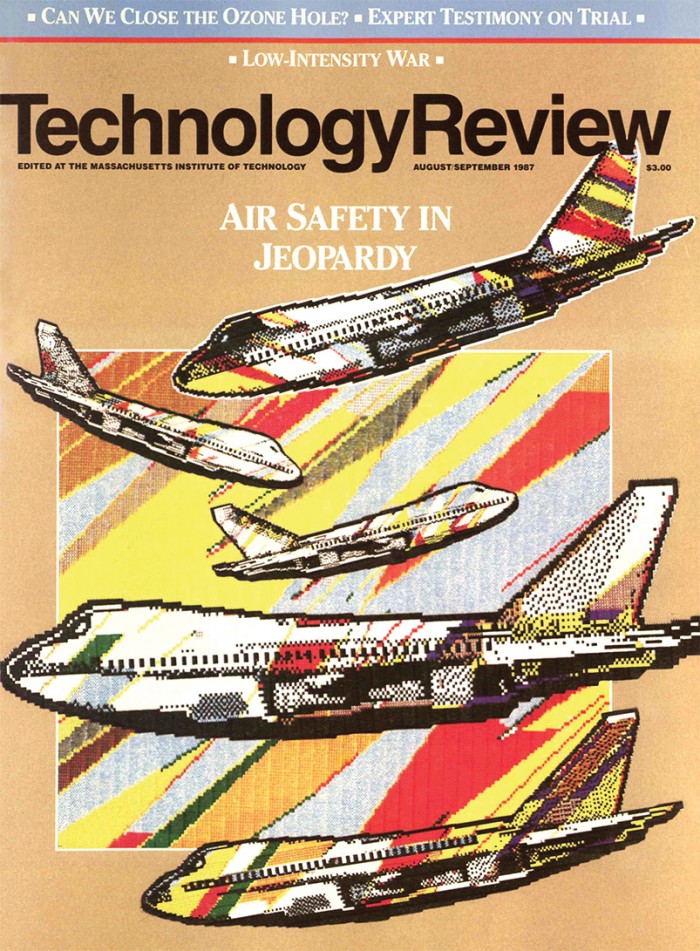29 Years Ago: How Technology Makes Us Obnoxious
“Rudeness is on the rise in the United States, and consumer technology is partly to blame. That may seem a harsh indictment for such seemingly innocuous creations as the telephone answering machine, boom box radio-cassette player, and talking computer chip in automobiles. But they are relatively cheap to manufacture and insinuate themselves into every corner of daily life. The result is a decline of civilization as we have known it.
As machines multiply our capacity to perform useful tasks, they boost our aptitude for self-centered action. Civilized behavior is predicated on the principle of one human being interacting with another, not a human being interacting with a mechanical or electronic extension of another person.
The simple telephone answering machine can turn into a devilish instrument if misused. Call screening can become the electronic equivalent of avoiding your neighbor’s salutation on the street: the machine’s owner can use it to avoid talking to anyone except the chosen few.

Yet it is hard to tell which enables people to be more rude: the answering machine that screens out obnoxious calls, or the telephone that permits intrusions at all times of day and night. A.G. Bell probably never envisioned aluminum-siding salespeople, college alumni associations, or lovelorn friends when he devised the telephone.
The Baby Bells are marketing a service that can make the answering machine seem like an instrument of civility. ‘Call waiting’ is handy for the small business, but in certain hands it permits the ultimate breach of telephone etiquette. A (former) friend used to chat happily with me on the phone until a second call came in from a potential suitor. After a few long waits, I would hang up and call back—only to reach her answering machine.
Personal-computer technology has spawned a vigorous rudeness that would be impossible without word processing. Once upon a time people wrote real letters to each other. Now every family with a home computer can generate its own ‘personalized’ holiday form letter. Practitioners of these ‘arts’ will defend them, no doubt, on the grounds that some communication is better than none. But is a pretense of personal rapport good enough?”
Excerpted from “Hey You! Make Way for My Technology!” by freelance writer David Lyon, in the August/September 1987 issue of Technology Review.
Keep Reading
Most Popular
Large language models can do jaw-dropping things. But nobody knows exactly why.
And that's a problem. Figuring it out is one of the biggest scientific puzzles of our time and a crucial step towards controlling more powerful future models.
How scientists traced a mysterious covid case back to six toilets
When wastewater surveillance turns into a hunt for a single infected individual, the ethics get tricky.
The problem with plug-in hybrids? Their drivers.
Plug-in hybrids are often sold as a transition to EVs, but new data from Europe shows we’re still underestimating the emissions they produce.
Stay connected
Get the latest updates from
MIT Technology Review
Discover special offers, top stories, upcoming events, and more.